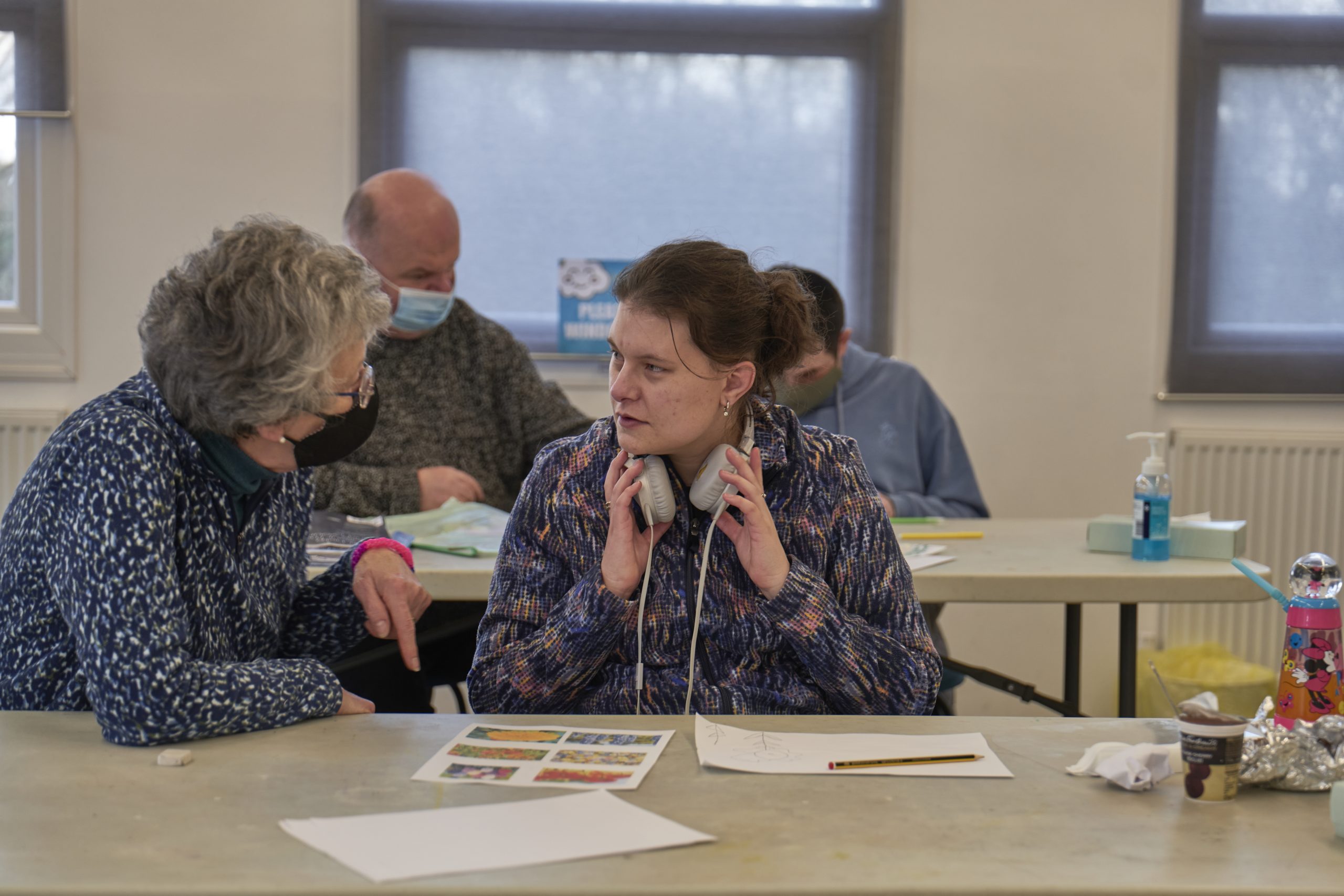In 2011, recommendations were made by an independent commission of experts to introduce a cap on the amount anyone in England would need to spend on social care throughout their life, in a move intended to make the cost of care more affordable. Over ten years later, under the Health and Care Act 2022, the government will introduce a cap more than twice as high as that recommended in 2011. Concerns have been raised that the cap breaches the Equality Act 2010 by ‘discriminating’ against disabled people and other groups.
In the UK, social care that is provided by councils is ‘means-tested‘. This means that those whose income or capital is above a particular threshold are charged in part or in full for their care. People who need residential care or long-term support can pay many thousands of pounds for care over their lifetime, with some having to sell their home to pay for this.
The World Health Organisation’s (WHO) Constitution (1946) recognises “The highest attainable standard of health as a fundamental right of every human being.” This right was also included in the Universal Declaration of Human Rights (1948) and the International Covenant on Economic, Social and Cultural Rights (1966).
The cap will begin in 2023
From October 2023, the government will introduce a cap of £86,000 on the amount anyone in England will need to spend on their care over their lifetime. That is more than double the amount recommended by the Commission on Funding of Care and Support in 2011. That report, produced by what was known as the Dilnot Commission, aimed to avoid “catastrophic care costs” and so recommended a cap of £35,000 on ‘individual contributions’.
The cap will no longer count contributions from local authorities towards care costs, meaning that people who need access to social care the most may struggle to afford it.
Reforms to adult social care under the Health and Care Act were proposed to increase eligibility for means-tested contributions from local authorities towards a person’s care.
We all feel the impacts of the cost-of-living crises. With the increases in care costs, Disabled people are hit particularly hard. #MakeCareFair
Email: FairCareLondon@real.org.uk Tel: 020 7001 2170@RichmondAID @RealDPO @AoDisability @InclusionLondon @FairCareLondon1 @DPs_DASL pic.twitter.com/UOjoll8MJP— Fair Care London (@FairCareLondon1) May 19, 2022
The public is being treated as the ‘wealthiest in society’
In a parliamentary debate in March this year, Baroness Wheeler said that preventing local authority costs from counting towards the cap would mean that the public is being treated as if they are the ‘wealthiest in society’, when, for many, care costs are catastrophic.
Wheeler stated: “The cap at £86,000 is set too high to benefit the majority of people who need to be protected, and the bombshell of abandoning the key safeguarding Dilnot principle enabling local authority care costs to count and accrue towards the cap means that poorer people will be exposed to the same care costs as the very wealthiest in society.”
Disabled people living in the UK already spend an average of £583 a month in relation to their healthcare. Despite attempts by some MPs to amend the bill, it was passed, becoming the Health and Care Act 2022.
Home care should and can be free. Just ask Disabled people in Hammersmith and Fulham which has had free home care since 2014. If they can do it, so can all councils. 📣 Join our campaign to #MakeCareFair in London! @FairCareLondon1 @AoDisability @DPs_DASL @RealDPO @RichmondAID
— Merton CIL (@MertonCIL) May 22, 2022
Nearly 90,000 adult social care users in the UK have fallen behind on payments
Earlier this year it was found that nearly 90,000 adult social care users who are being charged for their care have fallen behind on payments. Disability charity Sense estimated that some people with complex disabilities could face care costs amounting to 80 per cent of their income.
The disability charity Real said the cap was “inherently discriminatory” and called for free social care. They said: “With the cost-of-living crisis we are currently facing, it is outrageous that people who are struggling to put food on the table after paying for care will be charged the same as somebody who lives in a mansion.”
Without further action from the government, disabled people will go without the right care
Sarah White, Head of Policy, Public Affairs & Research at Sense, said that disabled people should not have to spend the majority of their income on care costs.
White explained that the government’s proposed cap would not “make a significant difference to the lives of many working-age people with complex disabilities”, and called instead for the introduction of a zero care cap to address a care system at “breaking point”. She added: “Without further action from the government, disabled people will go without the right care and support.”
The cap places an “unfair burden” on young disabled people without assets or savings, said Fazilet Hadi, from Disability Rights UK. She said that excluding local authority care costs from the cap would mean that it could take more than a decade for disabled people to reach it. Instead, she argues the government should provide free care to disabled people under 40.
Inclusion London, a campaigning group for deaf and disabled people, has called on the government to exclude means-tested benefits from means-tested social care. The group called the current system “unjust” and that it “discriminates against disabled people on lower incomes”. Inclusion London also stated: “The government’s proposed social care charging reforms will discriminate against disabled people with the lowest income and wealth”. The group explained that benefits “are paid in light of the extra life costs disabled people and their families face” and should not be used for social care.
Despite the threshold for those having to contribute to their care costs rising to above £20,000, many will still have to pay out large sums of money through their disability benefits or pensions.
A spokesperson from the Department of Health and Social Care (DHSC) said:
“The Health and Care Act provides a limit to the cost of care for everyone and strikes the right balance between public contributions and people’s personal responsibility for planning for their care. Everybody will be better off under the new system which will provide certainty and reassurance so people can both plan for their future and pass on more of what they have saved to their loved ones.”
The Department of Health and Social Care told us that, while it paid close attention to the recommendations made by the Dilnot Commission, inevitably the priorities and challenges regarding the funding of social care “are not the same as they were a decade ago”.
The DHSC stated: “The government aims to balance providing protection and predictability when it comes to the cost of care with how much additional burden should be placed on the taxpayer.”





